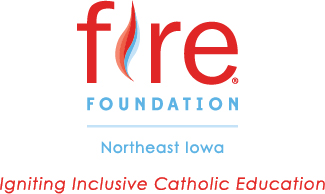Essential Best Practices in Inclusive Schools
Please note that the term student(s) refers to a student with special needs.
- The inherent value, dignity and competence of students should always be respected.
- Students are welcomed members of their school, with access to the full range of learning experiences and environments as anyone else.
- Curriculum and related supports are designed to enable students to participate fully and make progress within the general education classroom, learning within typical routines of the school.
- Necessary supports enhance both academic and social participation.
- Any student testing and assessment is performed in their natural context and setting, with the focus on the student’s personal best, their strengths, and progress.
- Families and schools form an equitable partnership to create a quality inclusive educational experience.
- General and special education teachers as well as paraprofessionals and other support staff demonstrate shared responsibility for the student’s education.
- Friendships and social relationships are a parallel goal of inclusive education.
- As appropriate, students are provided with opportunities and the related supports to develop skills such as choice making, problem solving, decision making, and self advocacy.
Additional Key Indicators
- Curriculum is presented in a variety of formats (video, pictures, actual objects, demonstrations, electronically, small groups, at the board, etc.)
- Peer supports should be reciprocal: students should have the opportunity to provide support to others as well as receive it.
- Inclusive education thrives within a school-wide positive behavior philosophy rather than a punitive one.
- Family priorities are considered in annual goals.
- School personnel are invested in the connection between social relationships and student learning and use intentional strategies to promote friendships.
- Opportunities for making authentic and real choices are infused throughout a student’s day.
- Predictions that students will “never” acquire certain knowledge or skills are simply not allowed.
- Students’ names are on all class lists, group lists, and job lists.
Content is extracted from “Essential Best Practices in Inclusive Schools” published July 2012 by Cheryl M. Jorgensen, Michael McSheehan, Mary Schuh, and Rae M. Sonnenmeier
